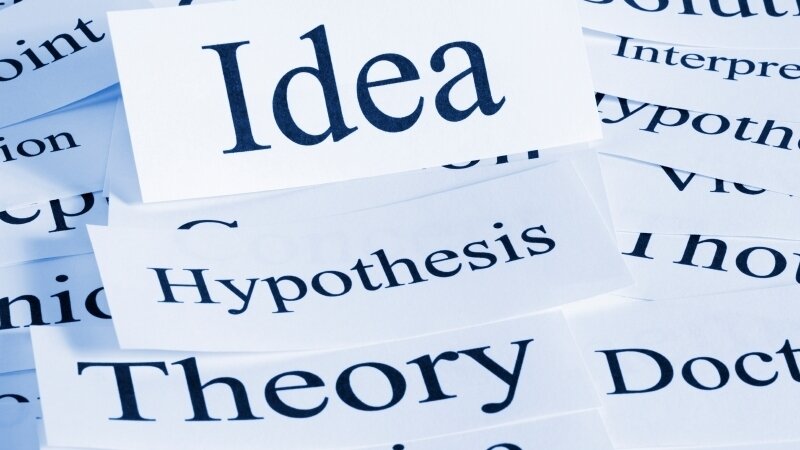Before I start, have you had a chance to check out the Untethered Realms anthology yet? Elements of Untethered Realms is an awesome introduction into all things wondrous and strange! Just sayin' :)
Okay, so to get this going, I am going to give a little caveat: I'm a professor by day and teach a whole lot, coupled with my laboratory research. I find myself in the science realm pretty much constantly. So, when I come across scientific facts that are wrong in novels, I totally know that most people don't have the background I do and can let some things slide.
But there are a few things that bug me a whole lot. They're too basic and actually kind of important distinctions :)
The key there is basic--if you're going to write about science in any way, mostly that means you've at least got the basics down, and I love that! But a few times I stumble across things that leave me going "ummmmm...." One of these was just this past week in a novel by a NYT bestselling author whose work I *adore*! And yet, there on the page, with two characters conversing who she had set up as being very good at science, there was this major issue that made me roll my eyes a little.
 Theory was used instead of hypothesis.
Theory was used instead of hypothesis.See, theory has two meanings. I know it's easy to get confused. But, when it comes to being used in a novel, it's good to get it right because it's something that needs to be well understood by the general public. I'll get into that later. Anyhow, the two definitions of theory are
perhaps best understood this way:
"In theory, Mr. Peacock killed the butler." In other words, it is not established or proven. This is the sense that is often used in layman's terms in general conversation.
It is not to be confused with:
"The theory of gravity." This is the scientific meaning. In which case, there is a huge body of evidence that supports gravity (including why you are able to stay pegged to the ground and not lift off into space ;). It is something that is very well established, but because the nature of science IS questioning, we don't say that is is Law. That's how science works.
So, having two characters chatting about how a scientific idea is "just a theory" is ostensibly like saying that they've already proven the idea, had years and years of testing by many individuals, and generally it's considered to be the way the universe works. What should have been used is the word "hypothesis." This is an idea that is yet to be demonstrated through data collection and testing. You hypothesize that something may be correct, but you need to test it first. And even then, it'll be many, many tests and trials before it can even dream of becoming a theory.
Why is this such a soapbox for me? Well, because so many people clamor that something is "just a theory" when referring to a scientific idea. That's like saying that gravity isn't real. That the earth isn't round. That we don't orbit the sun. These are "just" theories. They are points upon which a ton of evidence rests. So the two definitions of "theory"--both for general layman's usage and in science--get confused. But in a novel it's a good idea to get the right. (Unless you're making a point with a character using the wrong one or something--obviously there's creative license here ;). And that's why I sighed and rolled my eyes while reading that (otherwise awesome) novel the other day.
What do you think? Have you seen this be misused? :)


I've seen that misused in online commentary, not books.
ReplyDelete